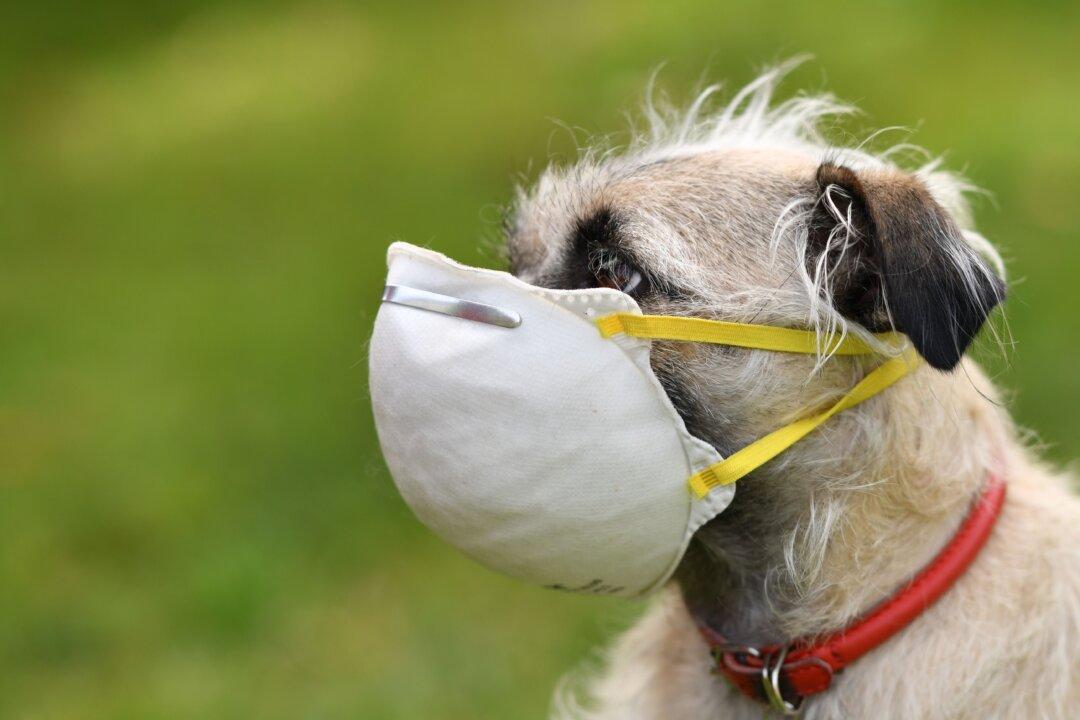The Los Angeles Public Health Department is facing growing criticism over its decision to offer free COVID-19 testing for animals, despite there being no positive cases reported among animals in the area.
LA Public Health announced the initiative on Aug. 20 and said it has received funding from the Council of State and Territorial Epidemiologists and the Centers for Disease Control and Prevention (CDC) to monitor COVID-19 in animals in Los Angeles County.




